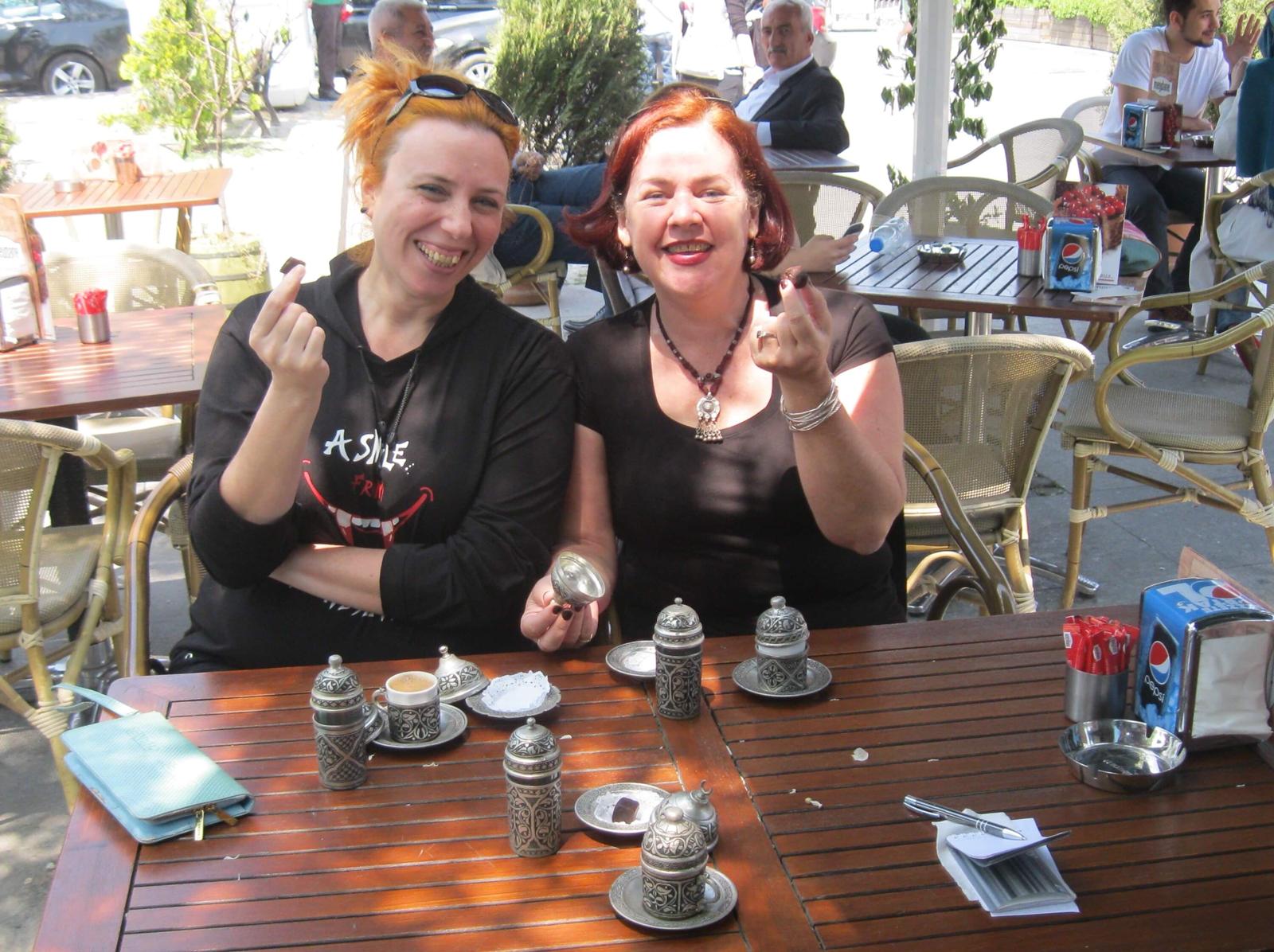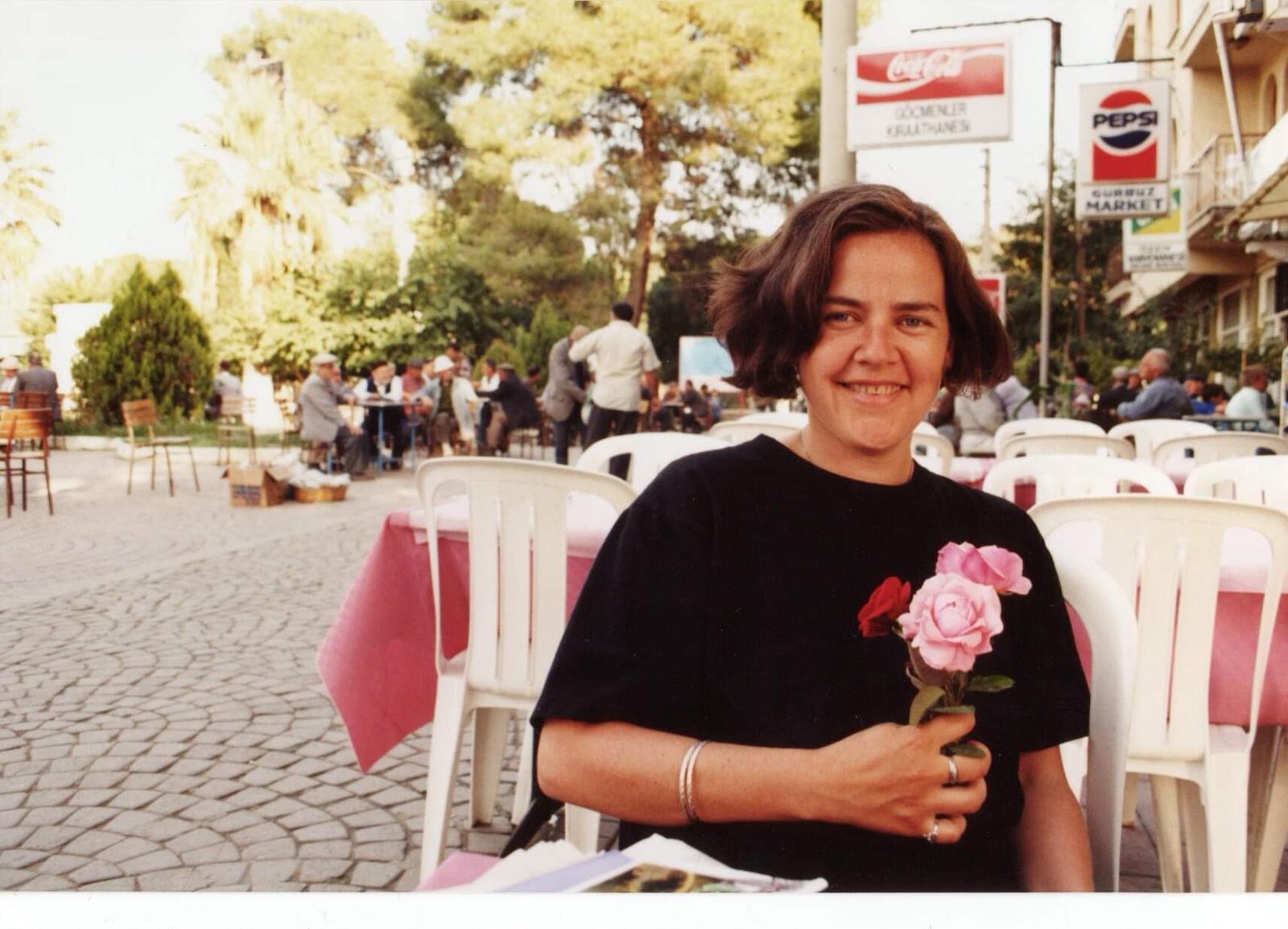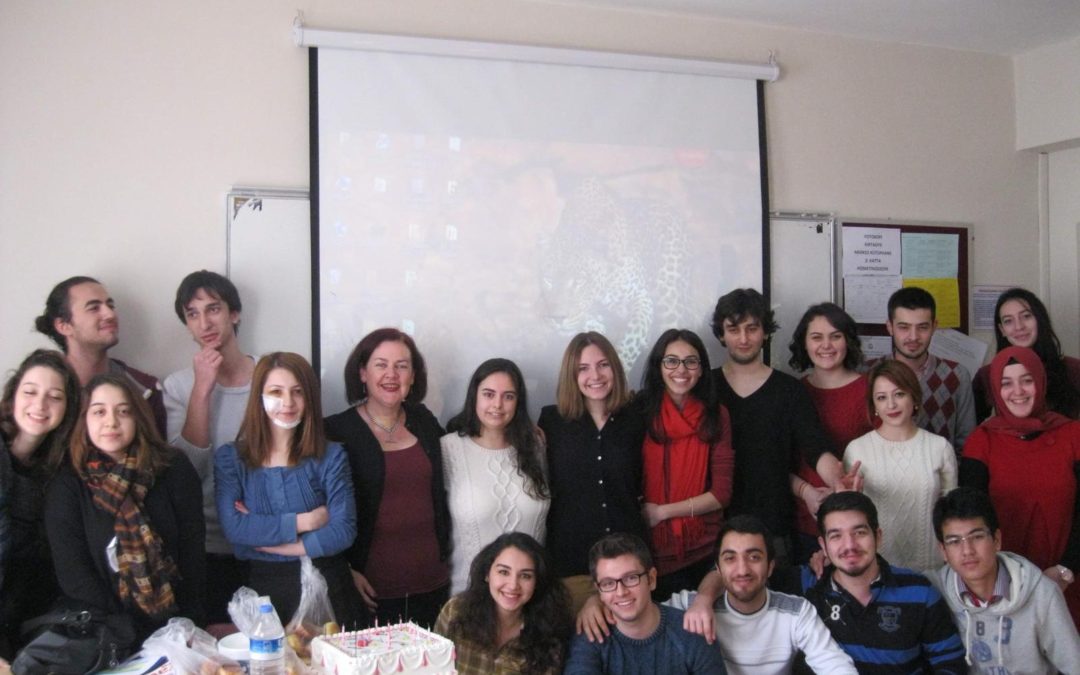There is a long tradition, well documented in travel writing, of people looking for escape, whether from themselves, a failed relationship or a dead-end job. They leave home hoping to find something better than that they left behind. I never really thought about where I fitted in until I started writing about my experiences in Turkey. Travel is so much a part of my life now I almost can’t remember a time when I wasn’t travelling, researching a new trip or saving up to put my plans into action. I was forever a tourist, always looking for new and exotic places to get away from the mundane and experience the unknown.
The first time I came to Turkey I was just one of many young Australians on the great pilgrimage to Europe and other distant lands. For a long time this has almost been a rite of passage for Antipodeans. The sights, sounds and smells of foreign countries are colourful and appeal to our appetite for adventure and challenge. When the enterprise becomes too trying, there is always the safety of a return ticket to fall back on. After a given period of time we’re expected to return, a little older and a lot wiser. While some go for a year, others never make it back.

In a lot of ways Turkey, and in particular Istanbul, fit the criteria very well. People come to Istanbul as tourists and are quickly seduced. The Ottoman architecture and the signs of Islam that permeate the city are exotic and attract those seeking escape and a different life. There are also enough similarities to other places in the world for some to feel they have found their true home. One trip can be sufficient to convince those seeking more permanent adventure they need look no further. Over time however, the cracks begin to appear in their fantasy. The glamour and excitement of the city only suffice for a while. One way to overcome the ferocity of ensuing culture shock is to seek out the familiar and befriend only expats. Any doubts and insecurities are much easier to sweep aside when you keep company with people who share the same language and culture.
Living in Turkey rather than just visiting, trying to become a resident and not a tourist, brings you face to face with the complexities and contradictions inherent to the Turkish way of life. Travelling outside the big cities in Turkey, even today, is not always easy. When I started more than twenty years ago, it was like entering another world. Right from the start when I lived with Turks in a small village, I was often wrong-footed and confused but always stimulated and interested. I willingly surrendered to the strangeness of everything and never reflected on my experiences.

In the ensuing years, as I travelled and lived in Turkey, the more I moved away from the familiar. Further away from the places, people and languages I grew up with, and further away from my unquestioned sense of self. Having always sought comfort in facts, acquiring knowledge to feel in control, to confirm what I already knew, I realised all that certainty restricted me as surely as a straight-jacket. I still had an unquenchable thirst for knowledge, and I participated in Turkish traditions in order to better understand Turkish culture. In so doing, I was often discomforted. Questions about who I am, and what values I hold above others began to disrupt the incorruptibility of my self-image.
The collection of essays in Exploring Turkish Landscapes: Crossing Inner Boundaries are the result of journeying across the vast expanses of Turkey, and living in a country that is less western than eastern, yet at times both and something more. The experiences they encapsulate are also a metaphor for my inner journey from the known to the unknown and back. I had to accept what I saw without changing it, but it made me assess and begin to articulate my identity anew. These experiences confirmed what I was beginning to realise. Some actions are strange to me because they are Turkish ways of behaving, while other responses are strange because people are reacting to me and the ways in which I am foreign to them.
Living in so different a culture changes one, and not always in ways we might like. Being the subject of close scrutiny in a society where friendship is shown by publicly commenting on every bodily change, and where conformity is the order of the day, is not merely challenging. It is often confronting and unpleasant. The time comes when the foreigner has a decision to make. Do I immerse myself so completely in my new home that I become a stranger to myself? Or do I take advantage of having the freedom to explore different possible manifestations of myself, in a culture where I will always be an outsider in some ways, to learn who I am, and how I want to be?
In choosing the latter path, I had to take a deep breath on many occasions and expose myself to the fears and doubts I had successfully avoided for the greater part of my life. As a result I was able to acknowledge that despite the pressure to yield to Turkish cultural norms, I do know a lot about life and should trust my own judgement. I came to understand that when I left home all those years ago I left myself behind too.
My known, familiar routine is no longer the one I was born into. Every day the sound of the call to prayer singing out from the mosques acts as a reminder. Having come full circle I find myself back at the beginning, but I am a different person now. Who I am is no longer dictated by my past. I have had my fair share of sadness and sorrow and been confronted by feelings of loss and hopelessness so great I never thought a person could experience them and survive. Yet I have managed to come through it, not necessarily a better person, but more certain of the person I am.
I now realise I originally travelled to foreign lands not to explore but to escape myself. Ironically, after deciding to live in Turkey, my biggest discovery has been exactly that. Me.
The following essay first appeared in a slightly different form in Exploring Turkish Landscapes: Crossing Inner Boundaries.

